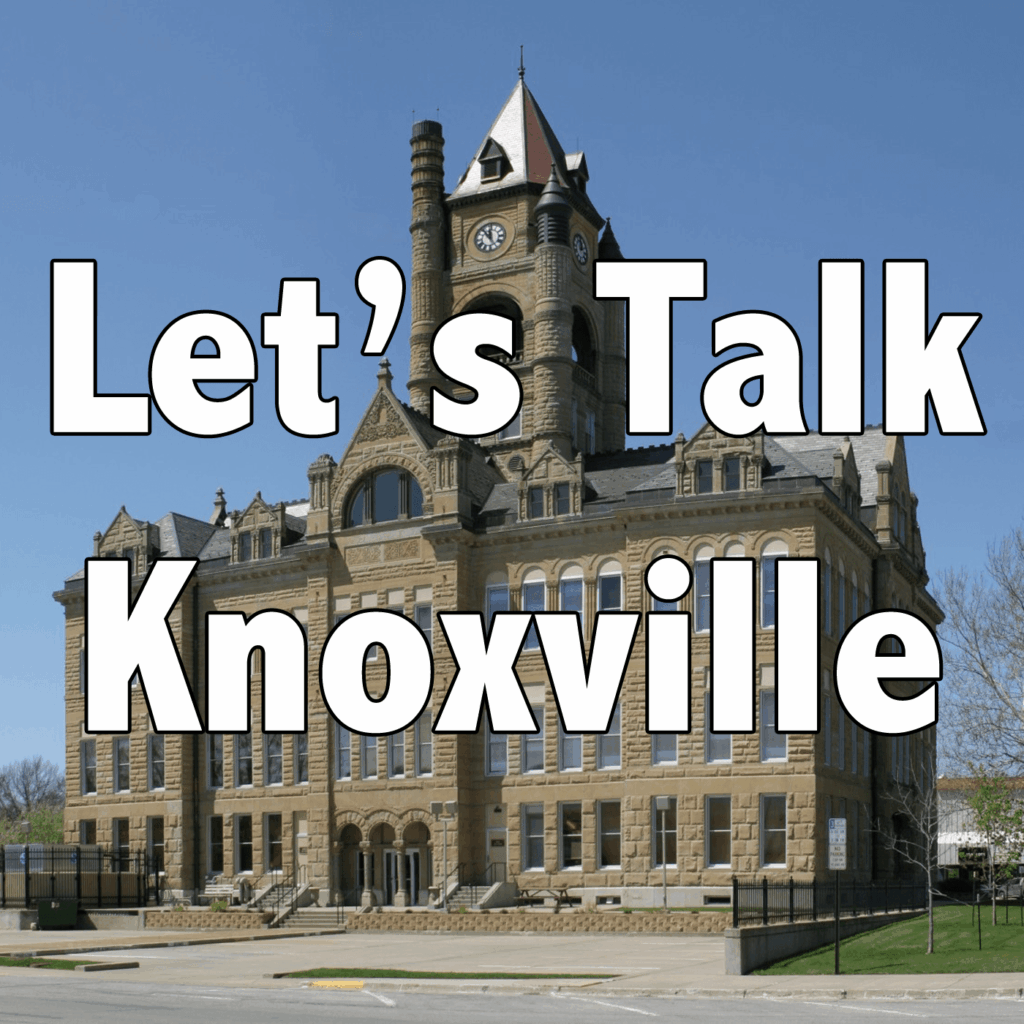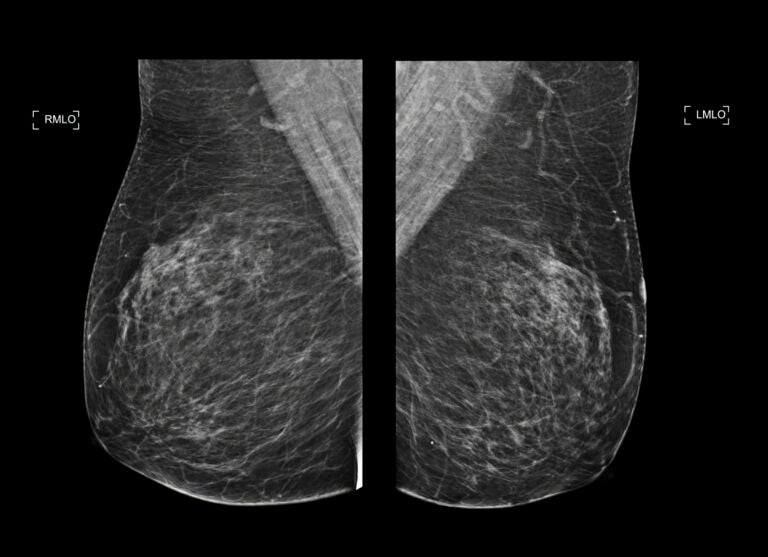
The impact of the One Big Beautiful Bill Act on rural hospitals has become a critical topic in healthcare discussions. In a recent interview, Kevin Kincaid, CEO of Knoxville Hospital and Clinics (KHC), shared insights on how this legislation could affect healthcare services in rural communities, particularly in Knoxville, Tennessee.
In the second part of the interview, Kincaid emphasized the potential benefits and challenges the bill presents. He noted that while the act aims to improve funding for rural healthcare facilities, its actual implementation could significantly vary based on local circumstances. Kincaid stated, “The One Big Beautiful Bill Act could provide much-needed resources, but we must ensure that these funds are allocated effectively to meet the specific needs of our community.”
Potential Benefits for Rural Healthcare
Kincaid outlined several key benefits that the act could bring to rural hospitals. One of the primary advantages includes increased federal funding, which could enhance the quality of care provided. He mentioned that hospitals like KHC often face financial difficulties due to lower patient volumes and higher operating costs. With better funding, facilities could expand services and invest in updated medical technology.
Moreover, Kincaid highlighted the importance of workforce development. The act includes provisions for training programs aimed at attracting healthcare professionals to rural areas. “Attracting talent is crucial for us,” he explained. “The more skilled professionals we have, the better care we can provide to our patients.”
However, Kincaid also pointed out that simply increasing funding does not guarantee success. He stressed the necessity for strong management and strategic planning to ensure funds are used effectively. He stated, “It’s not just about the money; it’s about how we use it to create sustainable improvements in our healthcare system.”
Challenges Ahead
While the potential advantages are significant, Kincaid expressed concerns about the challenges that may arise with the implementation of the One Big Beautiful Bill Act. He noted that navigating the regulatory landscape could pose difficulties for rural hospitals. The complexity of accessing federal funds and complying with new regulations could hinder the intended benefits.
Additionally, Kincaid mentioned the need for continuous dialogue between policymakers and healthcare leaders. “It’s essential for lawmakers to understand the unique challenges we face,” he said. “Only then can they craft legislation that truly supports rural healthcare.”
In conclusion, Kincaid’s insights underscore the importance of the One Big Beautiful Bill Act in shaping the future of rural healthcare. As discussions continue, the focus remains on ensuring that the needs of communities like Knoxville are met effectively. Kincaid’s perspective serves as a reminder of the critical balance between funding and practical application in the healthcare sector.
For those interested in hearing the full interview, it is available on various podcast platforms, including Apple Podcasts, Google Podcasts, and Spotify.







